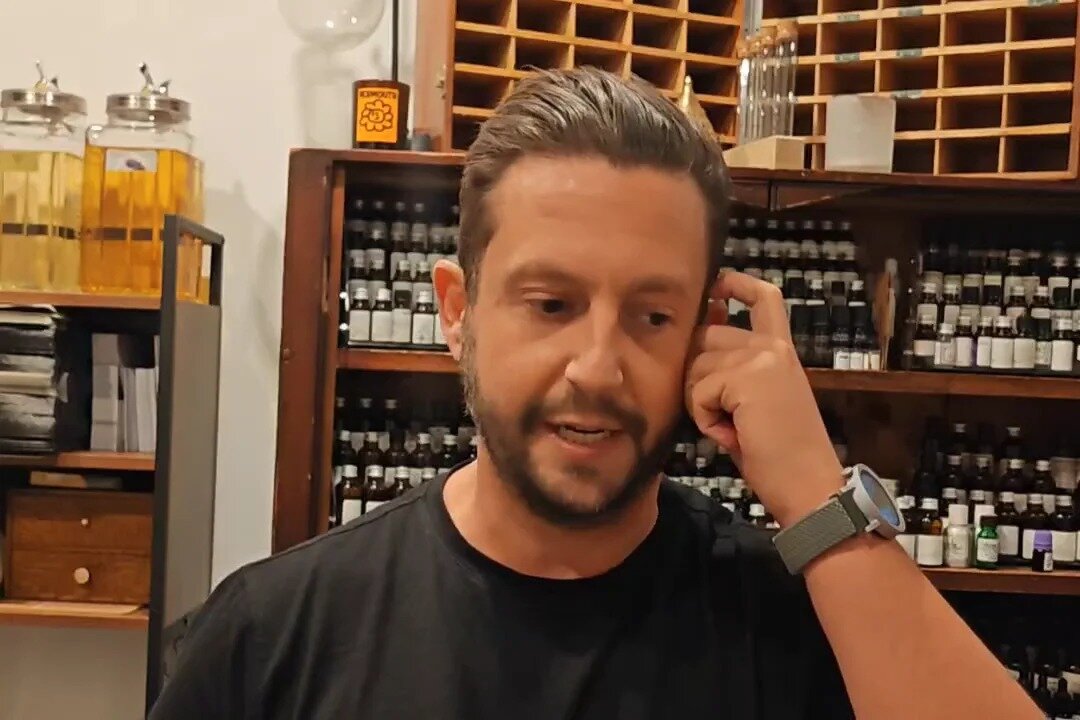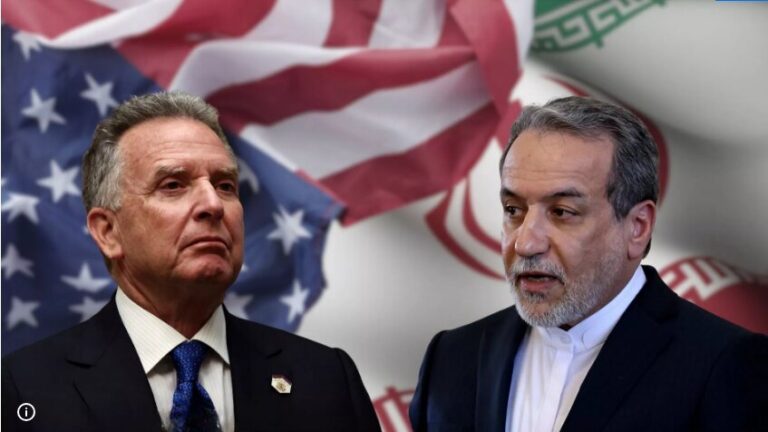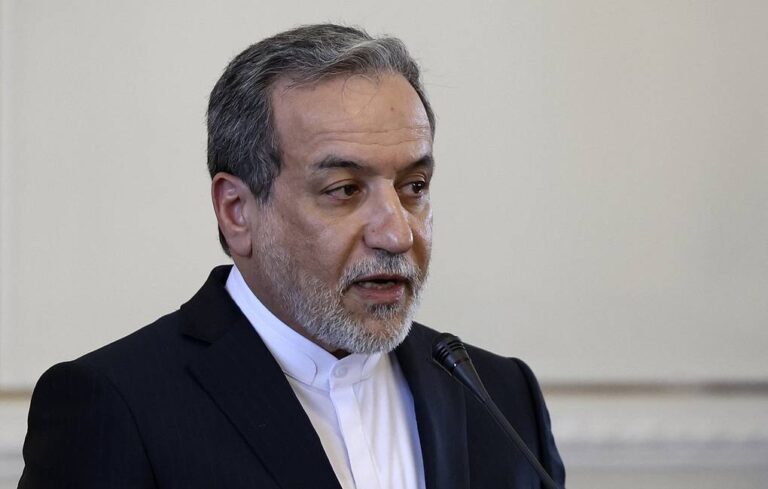UK Doctor Takes Legal Action Against Hospital Over Suspension Linked to Gaza Social Media Posts
In a controversial turn of events, British-Jordanian emergency medicine doctor Nadeem Crowe has initiated legal proceedings against the Royal Free London medical institution, a key part of the National Health Service (NHS). This lawsuit stems from his suspension due to posts expressing solidarity with Gaza, a situation that raises significant questions about freedom of speech and discrimination in the workplace.
The incident unfolded on August 14, 2024, when Dr. Crowe was unexpectedly suspended from his position. According to his account shared in an online video, the medical director of the hospital provided no initial explanation for his suspension. He later attended what was described as an “informal disciplinary meeting,” where he learned the reason behind the action: “disturbing posts on social media regarding the Israel-Gaza conflict.”
After a brief period during which he was allowed to return to work, Dr. Crowe was advised against filing a formal complaint. This advice ultimately led him to resign and pursue a complaint with the employment tribunal. In his lawsuit, Dr. Crowe asserts that he is entitled to voice his opposition to what he describes as war crimes committed by Israel, particularly concerning the devastating impact on Gaza’s healthcare system.
Dr. Crowe articulated his sentiments clearly, stating: “I am also a British Arab expressing pro-Palestinian views on social media in my personal capacity, while senior British healthcare leaders have expressed pro-Ukrainian and anti-Russian views in their professional capacities on NHS websites without facing any punishment or even criticism from healthcare authorities. I believe this is discriminatory and denies my beliefs protected under the Equality Act.”
This situation raises several important issues regarding free speech, especially in a professional context. Here are some key points to consider:
- Freedom of Speech: The case highlights the delicate balance between an employee’s right to express personal beliefs and the expectations of their professional role.
- Discrimination Claims: Dr. Crowe’s assertion of discrimination under the Equality Act brings to light the potential for bias in how different viewpoints are treated within the healthcare system.
- Impact on Healthcare Professionals: The case could set a precedent for how healthcare workers express their opinions on social media, particularly regarding sensitive political issues.
- Response from Healthcare Authorities: The contrasting treatment of various political expressions by healthcare leaders raises questions about consistency and fairness in disciplinary actions.
Dr. Crowe’s case is not just about his individual experience but reflects a broader dialogue surrounding the rights of healthcare professionals to engage in political discourse. As the situation continues to develop, it may prompt further examination of policies regarding social media use and the implications for personal and professional boundaries.
The implications of this lawsuit extend beyond Dr. Crowe’s personal situation. It could influence how medical institutions navigate the complex landscape of political expression among their staff. As debates around freedom of speech and discrimination continue, this case may encourage other professionals to consider their rights and the potential consequences of their online activities.
Moreover, the case places a spotlight on the responsibilities of healthcare institutions to uphold the principles of equality and non-discrimination. Observers will be keen to see how the Royal Free London responds to these allegations and whether it will take steps to ensure that all employees feel safe expressing their views, regardless of their political affiliations.
In conclusion, Dr. Nadeem Crowe’s lawsuit against the Royal Free London medical institution serves as a crucial reminder of the ongoing tensions between personal beliefs and professional duties. As the legal proceedings unfold, the outcome may have significant implications for free speech within the NHS and beyond, potentially reshaping the landscape for healthcare professionals in the UK.
Stay tuned for updates on this developing story as it unfolds in the legal arena.






